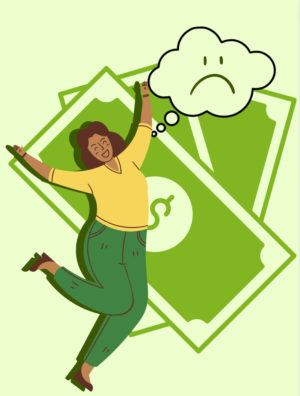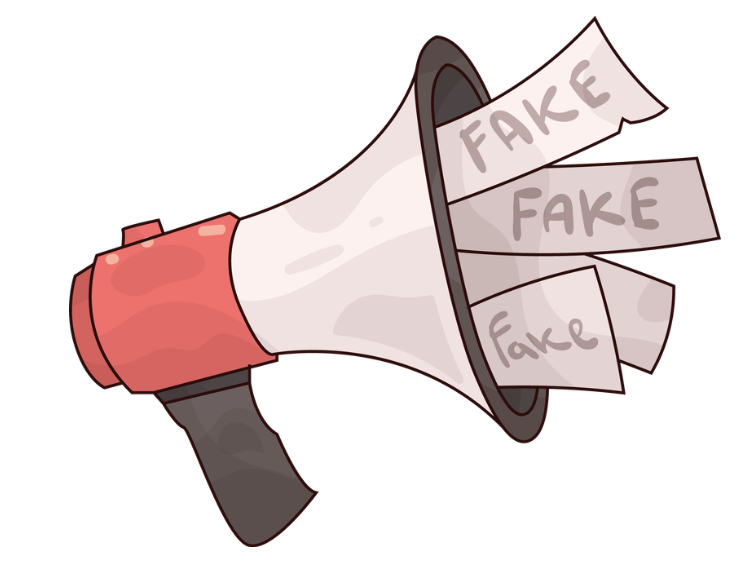If “Money Can’t Buy Happiness,” You’re Not Spending It Right
Whoever said money can’t buy happiness didn’t know where to shop.
Photo Ariana Smith
A graphic developed on Canva depicting the happiness money can bring.
March 22, 2023
We have all heard the saying, “Money can’t buy happiness.” However, we all spend money and for the majority of us, it is a limited resource that, if we had more, would make us happy. Society is naturally bent toward money since it is a structure that enables us to fulfill our desires. Therefore, it is not shocking that happiness can be bought. With money, life is more straightforward and pleasurable. Money can ease stress, buy experiences and even benefit others.
Money, or a lack thereof, can be extremely stressful. Everything is influenced by money, including housing, food, transportation and quality of life. Every part of an individual’s life would be impacted by feeling as though they lack enough. Stress over money makes individuals worry themselves out of experiencing life. This stress is a mix of tension over spending money because there isn’t much of it, as well as being overwhelmed with feeling stuck. It should come as no surprise that having more money, at least enough to get out of the cycle of living paycheck to paycheck can lower stress. People can concentrate on the things that make them happy when there is less stress in their lives.
Our sense of happiness can be prolonged by spending money on experiences, especially memorable and delightful ones. If you have extra money, you can spend it on experiences like vacations, concerts, festivals and more. However, some may argue that money can only buy temporary happiness. While this may be true in the materialistic sense, as most people only feel good for a short while after making a purchase, experiences are remembered long after the purchase has been made. A planned trip or a dinner with friends can make us feel good for hours, days or even weeks as we reminisce about how happy those experiences were. Although they may not stay as long as material possessions, memories of these occasions do last much longer and serve to better the happiness in our lives.
Giving becomes more possible when people have more money to spare. You can feel happy while giving to the causes that are most important to you. People get a certain sense of satisfaction knowing that they have helped someone. The Harvard Gazette notes that “…those who reported spending more on others, what the team called “prosocial” spending, also reported a greater level of happiness…” Spending money on others can be as simple as making a charitable donation or as spontaneous as putting money towards a stranger’s dinner. People can feel happy if they donate to a cause or are simply aware that their actions can make someone smile. Plus, people will be helping to improve the world a little bit, which in turn can create a happier person.
The truth is that money can buy a whole lot of things. Both these significant and minor events can raise a person’s level of happiness in general. Our lives are insured by money. It is extremely taxing to deal with money problems and over time that can break people’s spirits. In today’s society, having money gives you power, and with that power is the path to happiness. Therefore, without it, the world shrinks and becomes more stressful. While it’s true that money can’t technically “buy” happiness, I’m 100% certain that if I had a little extra cash, I’d be a lot closer to happiness.












